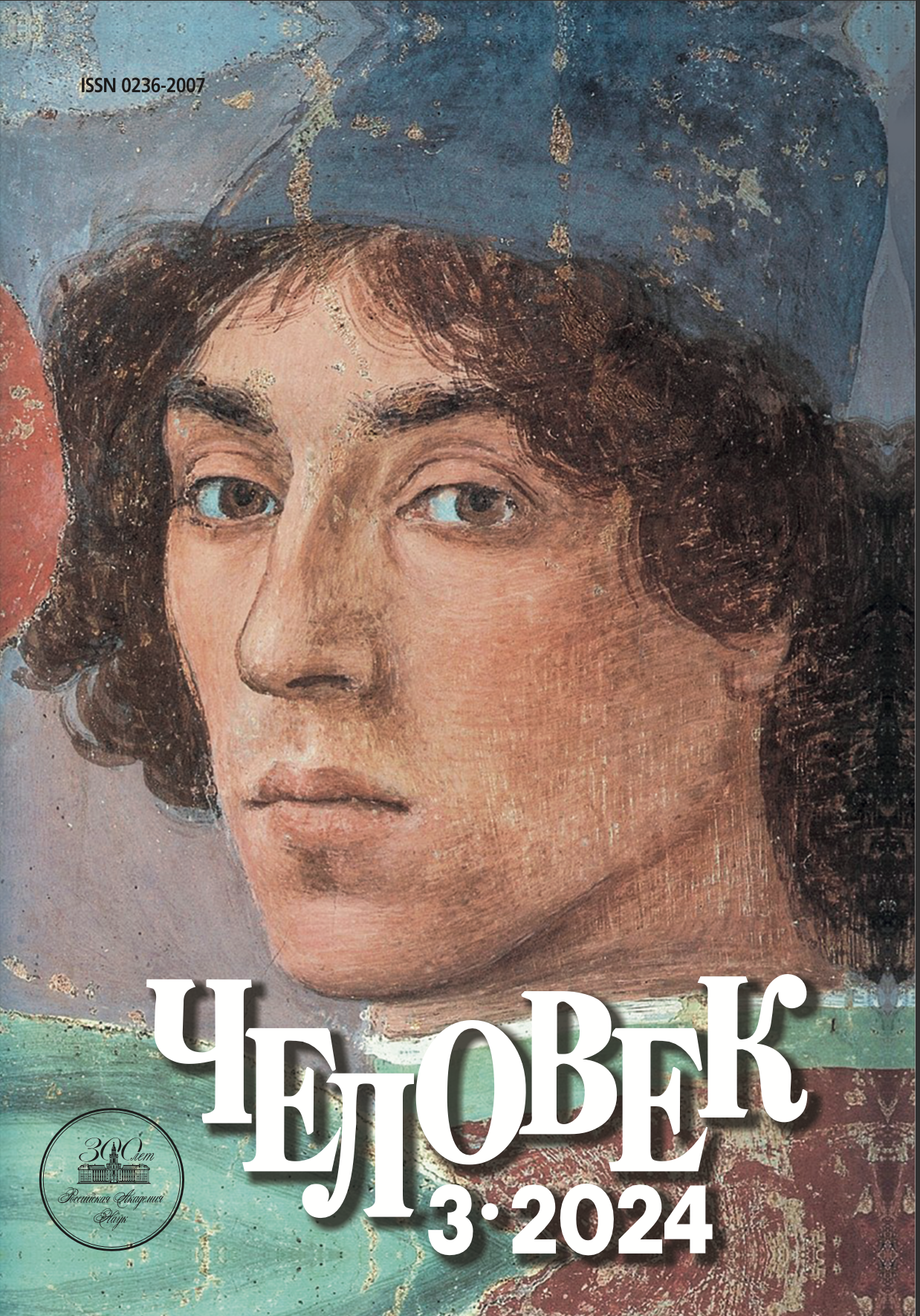Identification Strategies in Poststructuralist Anthropology by Philippе Descolа
DOI:
https://doi.org/10.31857/S0236200724030044Keywords:
identification, man, P. Descola, animism, totemism, naturalism, analogism, subject, difference, relationsAbstract
The article is devoted to the study of identification strategies claiming to be universal, proposed by the French representative of poststructuralist anthropology Philippe Descola. Speaking of identification, it implies a scheme for establishing the identity and difference of “I” and “others”, based on identifying analogies and detecting discrepancies in appearance, behavior, as well as specific features attributed to oneself and others. A person perceives himself as a set of physical and internal properties necessary in order to recognize or deny the presence of other properties in others. Thus, combining the properties of the “inner” world and physical properties, Descola comes to four possible identifications: animism (recognizes the similarity of the inner worlds and the difference in physical properties); totemism (recognizes the similarity of the inner worlds and the similarity of physical properties); naturalism (recognizes the difference of the inner worlds and the similarity of physical properties) and analogism (recognizes the difference between the inner worlds and the difference in physical properties). On the basis of ethnographic studies of the peoples of Central and South America, the features of identification mechanisms according to these strategies are revealed. It has been found that these principles of identity construction do not exclude each other, but may occupy a dominant position at a particular historical moment. The digital environment, acting as a natural and cultural continuum, is considered, to which the proposed by P. Descola is an identification strategy of analogism. Conclusions are drawn about the prospects of the “human” in the studied identity strategies.






